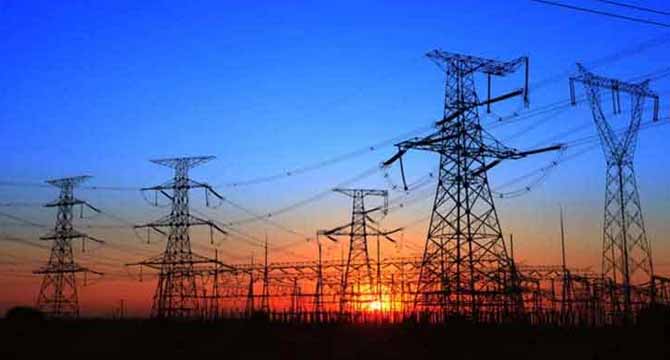LAHORE , July 17, 2023: The decision made by the National Electric Power Regulatory Authority (Nepra) to hike the electricity base tariff by Rs4.96 per unit – a move likely to be approved by the government – has generated a strong reaction by the business community, which says industries cannot sustain any further increase in cost of production.
Although the government reduced the POL prices on Saturday, the hike in power tariff is much bigger and have long-term effects as experts believe that shifting the burden of the power sector inefficiencies to the consumers is a great injustice.
One of these voices is the Businessmen Panel of Federation of Pakistan’s Chambers of Commerce and Industries, which said the increase meant that the per unit price had reached Rs29.78 by meeting one of the harsh conditions set by the International Monetary Fund (IMF).
The burden of power theft, mismanagement, and inefficiencies should not be shifted to the trade and industry consumers, as it would prove to be dangerous for overall economy, said Businessmen Panel President Mian Anjum Nisar.
Calling for shutting down all costly oil-fired power plants, he lamented that the previous administration did not prioritise the rehabilitation and maintenance of older power plants, resulting in multiple system constraints and significant losses.
The demand comes as the business community has been calling for reducing interest rate in complete contrast to what the IMF is thinking and press for.
Read more: SBP keeps interest rate unchanged, inflation at 38pc
Nisar argued that underutilization of efficient power plants due to RLNG scarcity could be avoided if the energy ministry assessed and managed the fuel availability in a timely manner.
He recalled that the previous government had raised base tariff by almost Rs8 per unit in three phases from Rs17 to Rs25.
Nisar said Pakistan’s industry had been harmed by the high cost of doing business, which discouraged investment in capacity and capability, as he called for easing the burden of heavy taxes on the power sector.
He urged the power ministry to identify system constraints and communicate targets to all concerned departments in order to launch a wartime effort to upgrade the transmission system.
The government ignored the fact that the gap between the generation and consumer cost was chiefly because of power theft and inefficiency of the heads of power distribution companies, Nisar said, adding that the move would encourage electricity theft.
He said all the major industrial cities of the country were facing unannounced electricity loadshedding and stressed the need to rectify technical faults immediately.

